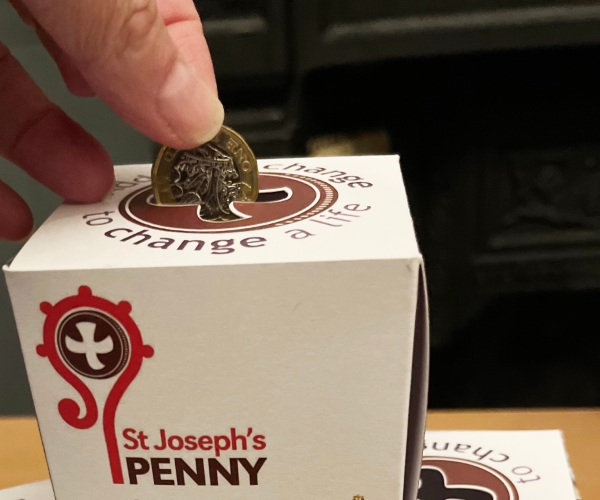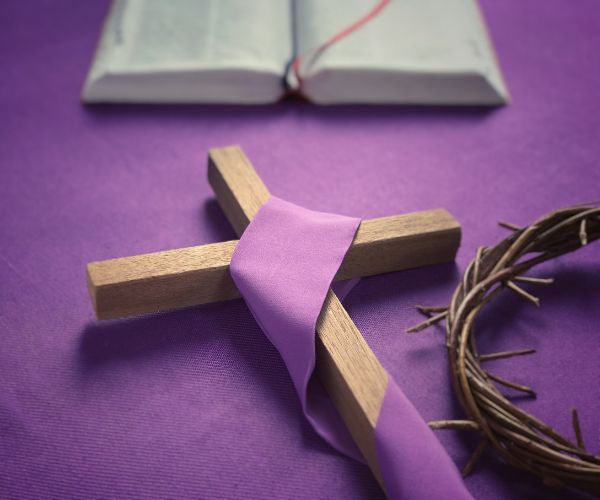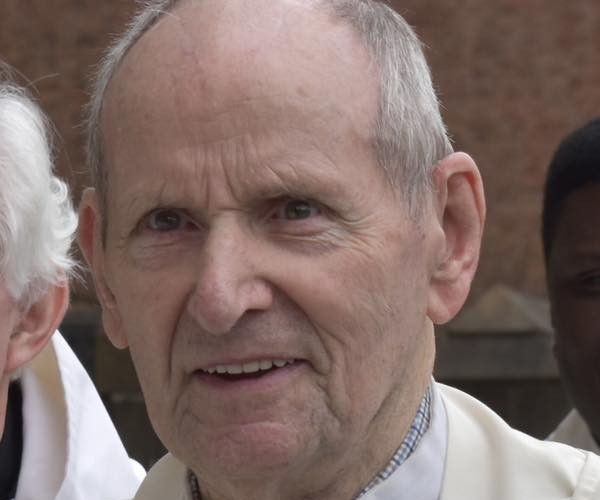
The Future of Dialogue
Saturday 22nd February 2025Our Jubilee for Interfaith and Ecumenism draws to a close this week with a reflection on the future of dialogue between different faith groups.
Fr Paul Cannon, our Episcopal Vicar for Dialogue, shares his final reflection for this month’s Jubilee of Jubilees series by reviewing past progress and how we can continue to grow in peace and harmony with pilgrims of other faiths.
Having spent time this month reflecting on the importance of interreligious dialogue and ecumenical dialogue, and having looked back a little the history in the Catholic Church, we now have to find a way forward in dialogue.
In terms of the recent popes, in Pope Benedict XVI, we had a pope who reflected on his life in German, where he strove to reach out to the Lutheran Church, even in his seminary days, and later actively working with Lutheran pastors, and theologians, in prayer and study. Pope Benedict understood that commitment to justice throughout the world is integral to Christian faith and living the ecumenical task. In reflecting on unity, Pope Benedict promoted the ideal that we all need to enter more deeply into the faith in our thoughts and lives.
So, in Pope Benedict, we find a committed and principled ecumenist. In today’s increasingly violent and divided world, his witness to the ongoing search for Christian Unity is an invitation and also a challenge.
Pope Francis has added to the ecumenical and interfaith dialogue promoted by Pope Benedict and post-Second Vatican Council popes.
Pope Francis wishes that dialogue will help to build bridges connecting all people. We must respect each other and celebrate our faith. We are to be humble in our dialogue.
Jesus at the Centre
At a recent Churches Together in England (CTE) event which I attended, Doral Hayes, who works for the CTE, outlined that there are three elements to ecumenism:
Firstly, spiritual ecumenism, praying together and praying for each other; secondly, social ecumenism, in the local mission of all Church communities; thirdly, structural ecumenism, with Churches together and national initiatives. Her remark linking these three elements was that Jesus is at the centre.
The Future of Dialogue
In terms of the future of dialogue, I remember reading somewhere that the work of dialogue is a work similar to planting seeds. The most important element in this task is preparing the ground, that will result in a far better harvest when we have prepared the ground.
If the work of dialogue at all levels is to grow stronger in the future, it will, I feel, be through the commitment of people in their every day lives, reaching out to each other. I feel that we have to have an enthusiasm.
We also need to have a disposition of loving the truth, the truth that God loves all peoples.
We also need to have a disposition for charity, not misrepresenting other people’s faith and traditions.
We also need what I mentioned earlier, we need to have disposition for humility. This means we are open to sharing the gifts of our faith but also means we are open to receiving the gifts from other faiths and traditions.
We have had some steady changes (certainly in the Catholic Church) in dialogue, especially since the Second Vatican Council. But the task is not complete, there is still so much work to be done. Let us build on the firm foundations that have been laid, especially from the 1960s onwards, and continue building and journeying with those people who come into our lives.
Commitment to dialogue, and people a people of hope, doesn’t at the end of this Year of Hope, it continues into the future.
Tagged | Catholic Church | Interfaith | Jubilee 2025 | Jubilee of Jubilees



